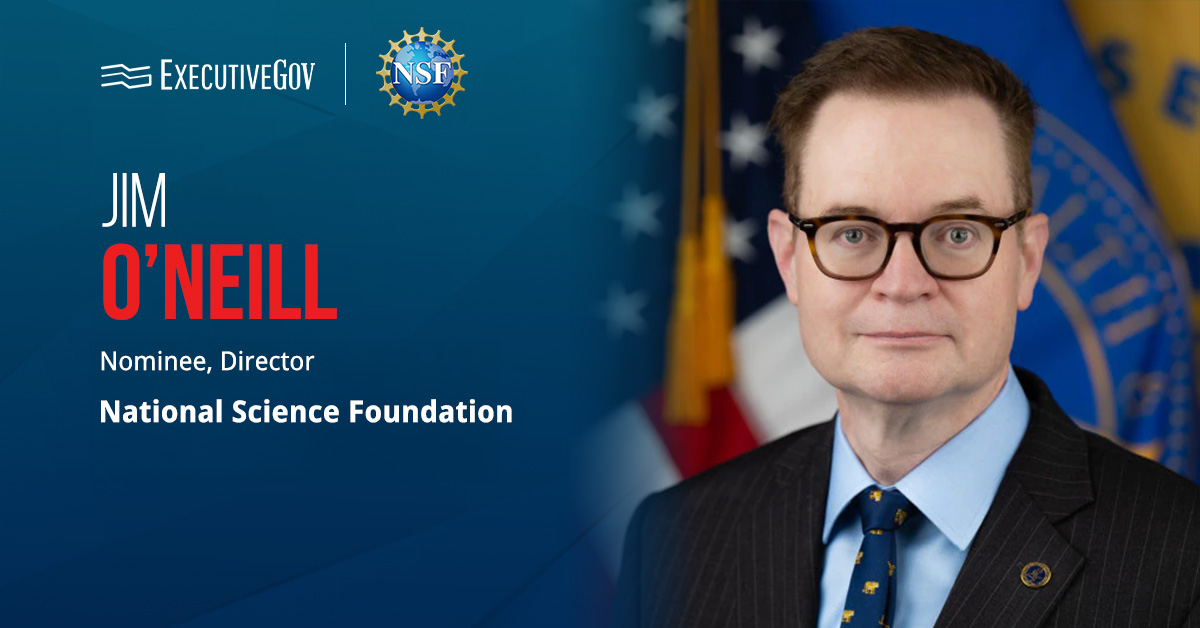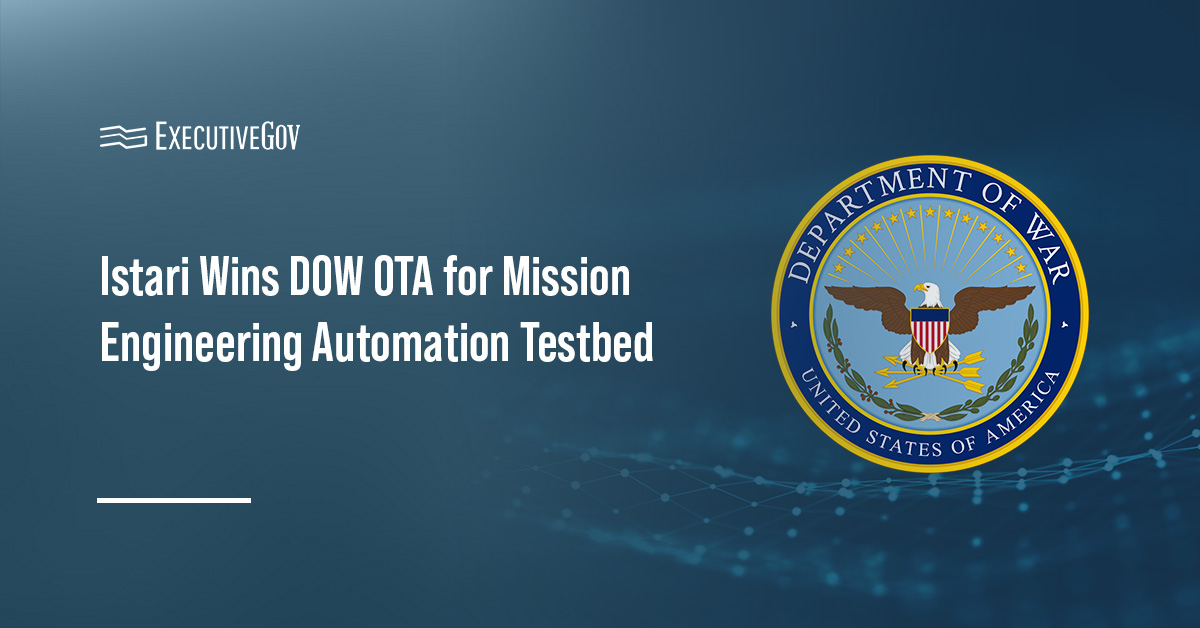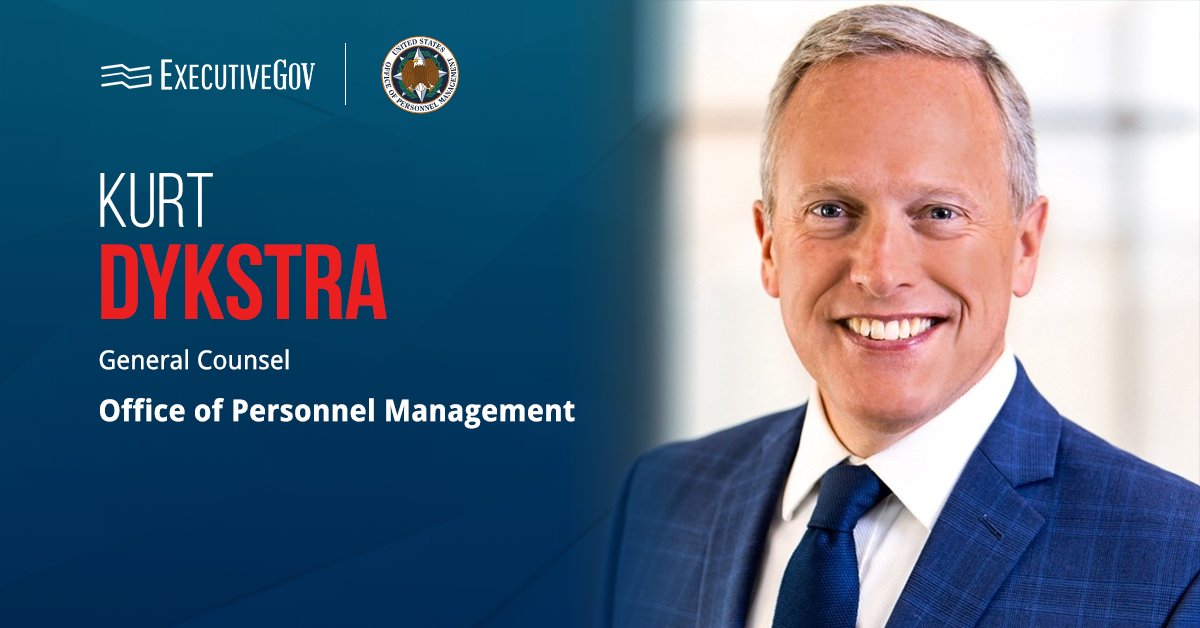 The House Foreign Affairs Committee has passed a bill aiming to establish a procedure for addressing state-sponsored cyber attacks.
The House Foreign Affairs Committee has passed a bill aiming to establish a procedure for addressing state-sponsored cyber attacks.Rep. Ted Yoho, R-Fla. said Thursday his Cyber Deterrence and Response Act would create a three-step process in which the government would identify, deter and respond to attacks staged or sponsored by adversary states.
“China, North Korea, Iran, Russia and other malicious actors have developed sophisticated capabilities that can disrupt our networks, endanger our critical infrastructure, harm our economy and undermine our elections,” Yoho said.
He added that the bill would establish a framework to deter and properly respond to the actions of these countries.





